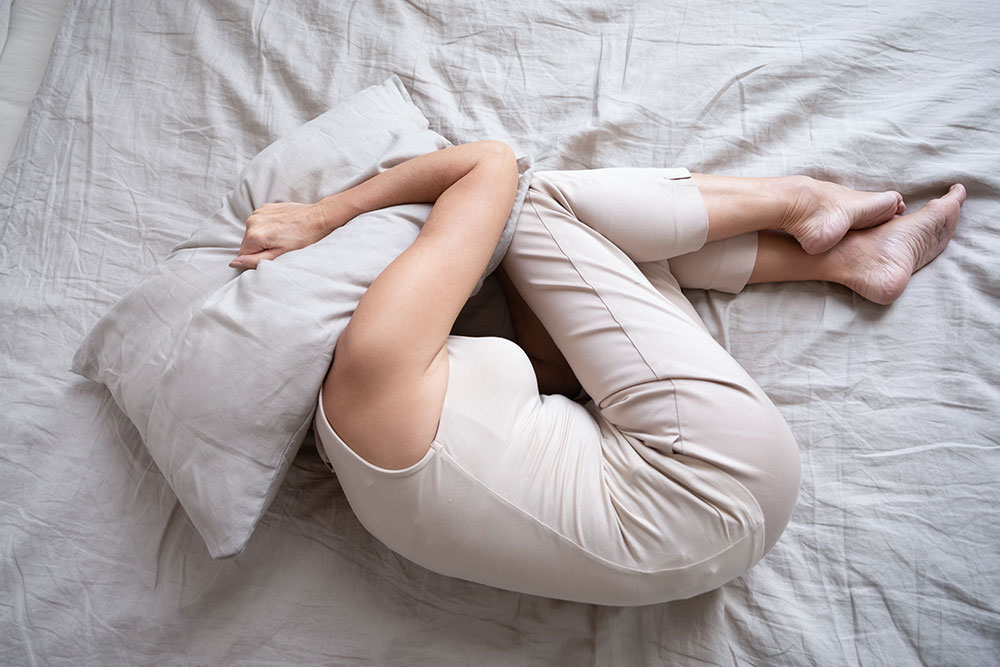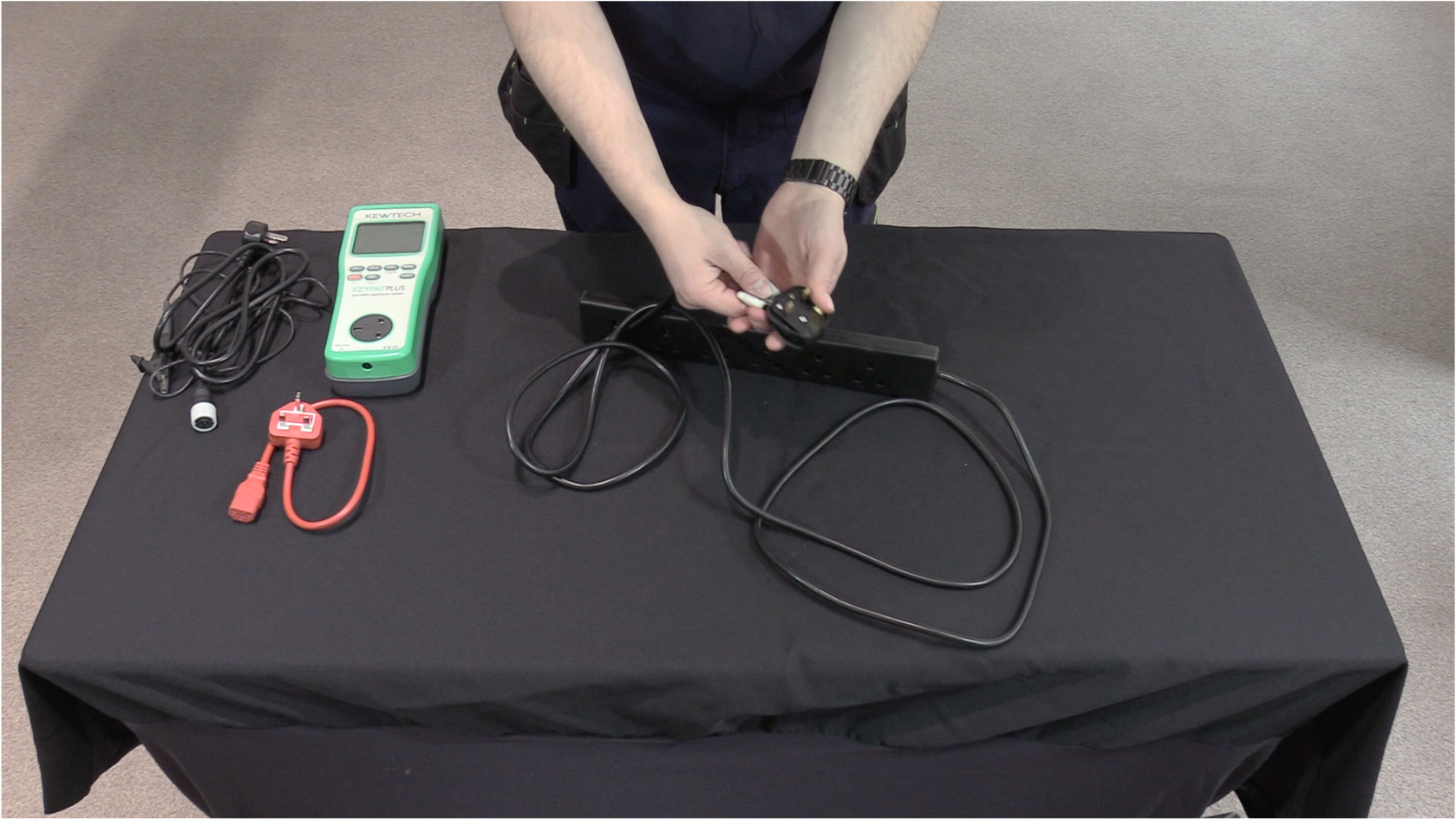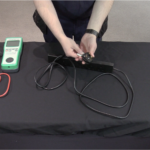
Depression is a mental health problem that affects people all over the world. Thankfully, many of those affected can successfully manage depression through therapy and other types of care. However, depression can still make it hard for many to work or do other daily tasks.
Is Depression a Disability? Depression may be considered a disability in such instances and people who suffer from it may be eligible for benefits. In this blog, we’ll look at what it means to be diagnosed with depression, what qualifies as a disability, why depression is a disability, your rights and the different kinds of disability payments you can get.
What is Depression?
Depression is a mental health disease indicated by constant sadness, lack of interest or pleasure, and other physical and emotional signs. The Diagnostic and Statistical Manual of Mental Disorders (DSM-5) defines depression as a bad mood or losing interest or pleasure in almost everything for at least two weeks.
The following are signs of depression and must be taken very seriously:
- Changes in appetite or weight
- Trouble sleeping or excessive sleeping
- Weariness or loss of energy
- Feelings of worthlessness or guilt
- Difficulty focusing or making choices
- Recurring thoughts of death or suicide
If you or someone you know suffers from any of the above, getting the right help is essential. Depression can range from mild to severe and significantly affect the quality of life. It’s important to remember that only a trained mental health professional should diagnose depression since it can be a complicated condition that may need specialised care.
From this, the question of whether or not depression is a disability is a very important one. To answer, we must first examine what disability means in the law.
How Is Disability Defined?
The word ‘disability’ means a problem with the mind or body that makes it hard to do one or more of the most essential things in life. In the UK, the Equality Act of 2010 says that a mental health problem like depression is a disability if it makes it hard for a person to do everyday tasks and lasts for a long time.
A person is considered disabled if they have a long-term physical or mental problem that makes it hard for them to do everyday things.
The law says that your condition must:
- Have lasted or be expected to last at least one year, or
- Be likely to last for the rest of your life, or
- Have a significant negative impact on your capacity to engage in normal daily activities

Everyday activities that may be impaired include the following:
- Getting dressed
- Using the toilet
- Cooking
- Cleaning
- Using a computer or phone
- Socialising
- Managing finances
- Taking medication
- Travelling
Severe depression can completely take over a person’s life and make it hard to do everyday things. There’s absolutely no question that it’s a disability. In an overworked and stressful work environment, it’s essential to be aware of mental health problems like depression.
What Are My Rights?
The Equality Act 2010 gives you specific rights if your depression meets the conditions for a disability under UK law. Here are just a few:
- Discrimination protection: You can’t be treated differently because of a disability in any part of your life, like work or school
- Reasonable accommodations: Employers and service providers must make sensible changes so that your disability doesn’t put you at a disadvantage
- Access to goods and services: Service providers are required to make sensible adjustments so that you can use their goods and services
What Types of Disability Benefits Are Available?
In the UK, if you have depression and it meets the legal definition of a disability, you may be able to get disability benefits. These include:
1. Personal Independence Payment (PIP)
PIP is a tax-free benefit for people aged 16 to 64 who, because of a long-term illness or disability, need help with:
- Routine tasks – the daily functioning element, or
- Getting around – the mobility element
PIP is not based on how much money you make or how much you have saved. The amount you’re entitled to will depend on how much your depression makes it hard to do everyday things.
PIP has largely replaced the Disability Living Allowance (DLA), a tax-free benefit for adults and children with disabilities.
2. Employment and Support Allowance (ESA)
ESA is a benefit for people who can’t work because of illness or disability. There are two forms of ESA: income-based ESA and contributory ESA. Contributory ESA is based on your National Insurance contributions, while income-based ESA is determined by your financial need. The amount you’re entitled to differs according to your individual circumstances.
3. Universal Credit (UC)
UC is a means-tested benefit that replaces several other benefits, including income-related ESA and Housing Benefits. It’s available to people who are low-income or out of work. If you have a disability or health condition, you could be entitled to extra money through the UC system.
4. Attendance Allowance
Payments to help pay for the personal care of those that are disabled and are of state pension age.
How Will I Receive My Benefits?
In the UK, if your condition qualifies for disability payments, you’ll usually get them from the Department of Work and Pensions (DWP). The DWP will contact you to assess if you’re eligible and how much you can get. Any money will be sent straight to your bank account if approved.
What If I Don’t Qualify for Disability Benefits?
Suppose you can’t work because of depression and don’t qualify for disability payments. In that case, there are many other financial assistance programmes to help you.
You might also be able to get help with your housing costs, council tax and other expenses. There are also plenty of groups and organisations that can help out, such as:
- Citizens Advice Bureau – Adviceline (England): 0800 144 8848
- Turn2us – helpline number 0808 802 2000
- Disability Rights UK – 0330 995 0400
Looking into your choices and getting help if needed is a good idea.
Remember that asking for help is a sign of strength; you shouldn’t feel bad about it.
Learn More About Mental Health
If you’re living with depression and can’t work, you may be eligible for disability benefits. In short, depression can be considered a disability if it makes your life harder. If you don’t qualify, however, there are other ways to get help if you need it. Remember that getting help is vital if you are having trouble with depression. There are resources available, like mental health professionals and support groups, that can help you deal with your situation and improve your quality of life.
If you want to learn more about mental health and depression, check out our Mental Health Awareness training course. It’s designed to help you recognise and respond to mental health concerns in the workplace and beyond.
























































































































































































































































































































































































































































































